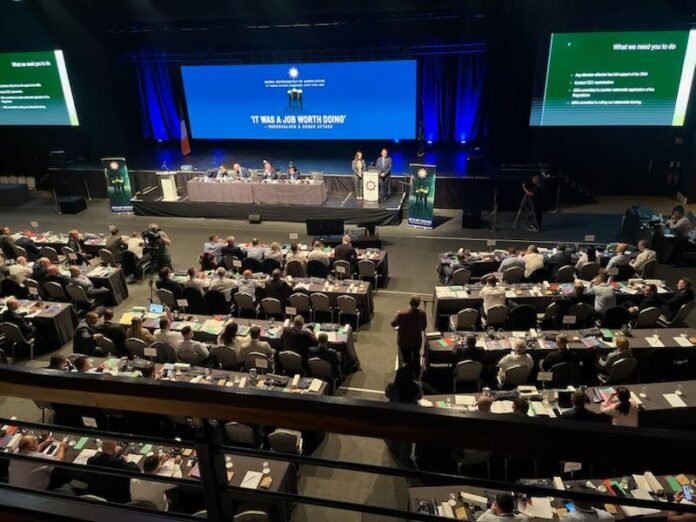
Last Updated on May 5, 2025
National Shortage Causing Forensic Investigation Delays
Forensic collision investigation delays in Ireland are adding even more pain to families already devastated by road fatalities. Instead of receiving answers quickly, grieving relatives often wait far too long. The main cause is a severe shortage of staff within the Garda forensic team.
At the Garda Representative Association (GRA) conference last week, members raised serious concerns about the state of Ireland’s forensic response. There are just 11 active forensic collision investigators (FCIs) across the country—less than half of what’s recommended.
In one shocking example, an investigator had to drive over 400km to Donegal. That journey delayed the examination of a fatal crash by nearly two full days.
Gardaí Warn of Growing Impact on Bereaved Families
Garda Shane Bonner spoke at the GRA event and acknowledged the emotional toll these delays have on families. He said, “We’re not doing the best that we can, we aren’t giving the service that we need to be giving.” He also added that “people are waiting for answers.”
Bonner pointed out that one member was assigned 18 fatal collisions in a single year. The recommended limit is just five or six. The lack of a national senior FCI since 2023 has made things worse. Without leadership or support, the backlog continues to grow.
How Forensic Collision Investigation Delays Affect Grieving Families
At widow.ie, we understand the pain of sudden loss. When a loved one dies in a crash, delayed investigations create real hardship—emotionally, legally, and practically.
Insurance claims and legal processes are often put on hold. Families may not be able to reclaim vehicles or personal belongings for an extended period. The cause of death may also be delayed, which adds to the emotional strain.
These delays often affect the inquest as well. When forensic reports aren’t ready, the inquest can’t go ahead. Families are then left waiting even longer for formal findings. For many, the inquest is a vital step in the grieving process—an opportunity to hear what happened in a formal, official setting. When it’s delayed, closure feels out of reach.
Gardaí Demand Action to Solve the Investigation Backlog
The GRA has voiced deep concern about the shortage of FCIs and the impact on timely investigations. At their conference, delegates stressed that current staffing levels fall far short of what’s needed.
Gardaí are calling on senior management to take meaningful action. This includes increasing resources, improving leadership within the forensic unit, and giving investigators better training and more manageable caseloads.
Their call for urgent reform reflects a wider concern across the force. Without change, more families will face distress during the most difficult time of their lives.
Families Deserve Better After Tragic Loss
Forensic collision investigation delays aren’t just a resource problem—they’re a human one. Every delay stretches out the agony for grieving families. It’s time to fix the system and prioritise compassion, speed, and clarity for those left behind.




